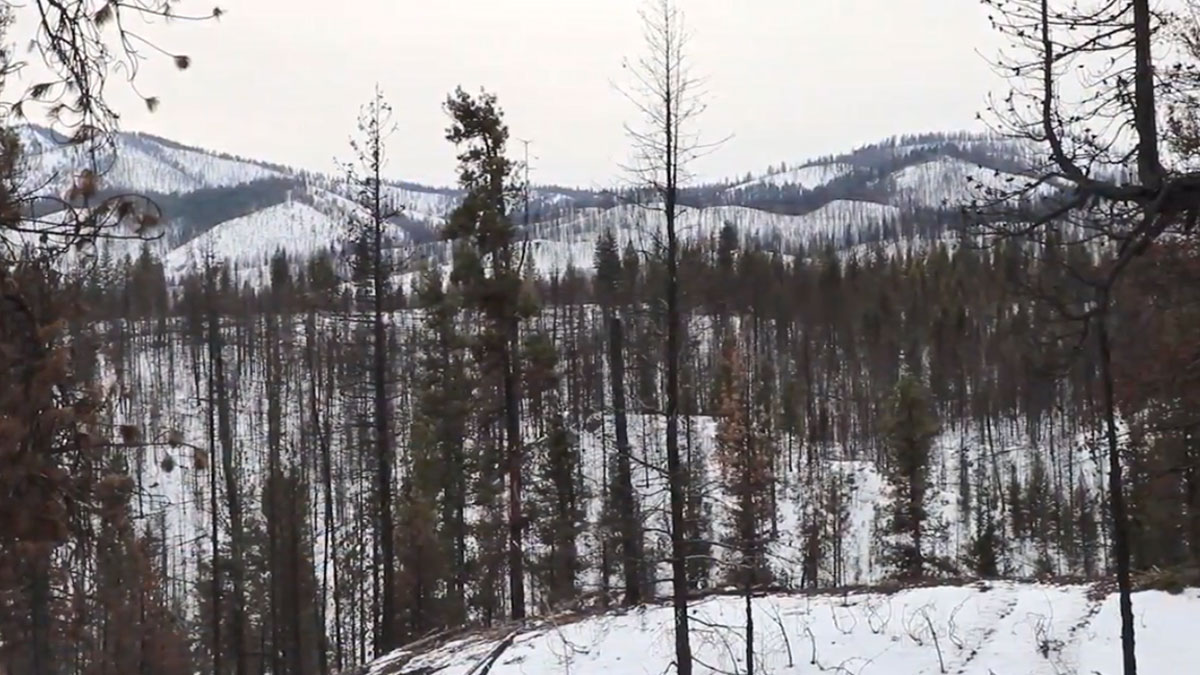Active forest management versus letting Mother Nature take its course. Which approach is best for overall forest health?
The Rocky Mountain Elk Foundation has long maintained that post-wildfire forest management benefits wildlife habitat and forest health. And now there is definitive research to back that up.
More specifically, post-fire forest management in the form of prescribed burning, logging and forest thinning, when carried out correctly, reduces overall fuel load thus reducing the potential of future wildfires.
According to the research summary, researchers “investigated the long-term effects of post-fire logging on woody fuels in 255 coniferous forest stands that burned with high fire severity in 68 wildfires between 1970 and 2007 in eastern Washington and Oregon. They found that post-fire logging significantly reduced future surface woody fuel levels in forests regenerating following wildfires.”
Additionally, researchers determined that such work largely does not affect the forest understory due to the resiliency of native vegetation. Such scientific findings counter consistently-used arguments by environmental groups when opposing active forest management projects.
Since 1984, RMEF and its partners carried out more than 11,800 projects that protected or enhanced more than 7.6 million acres of wildlife habitat.
(Photo source: U.S. Forest Service)
